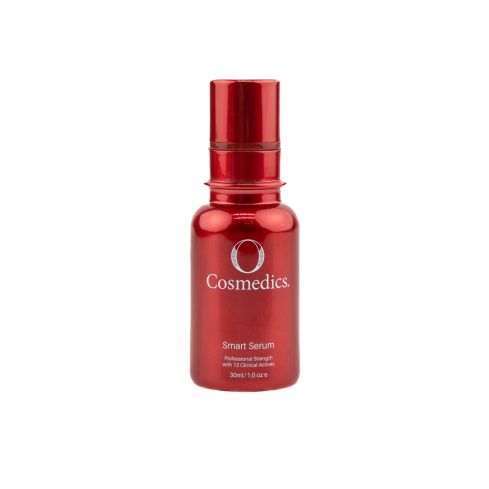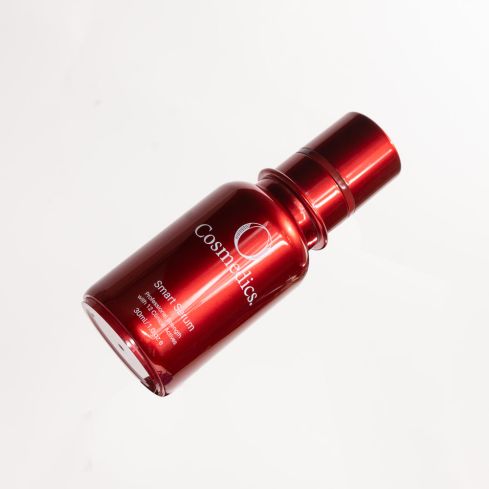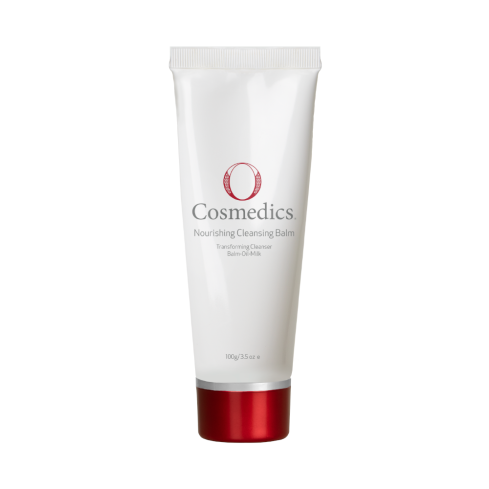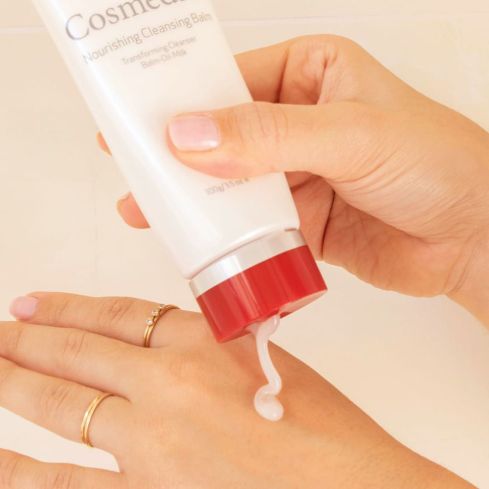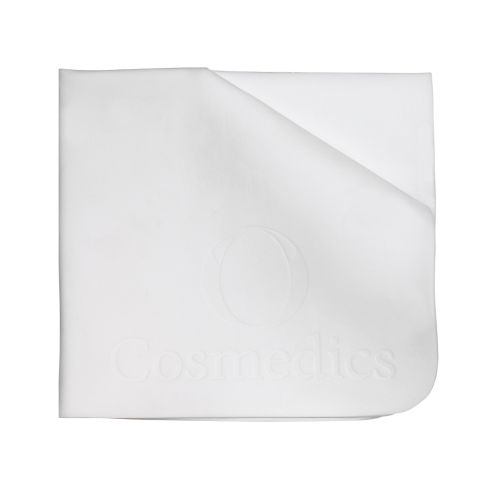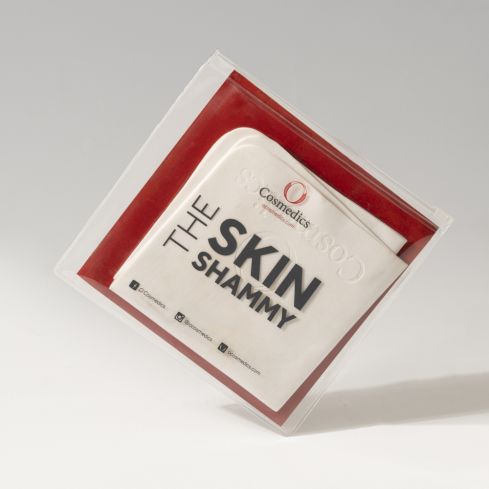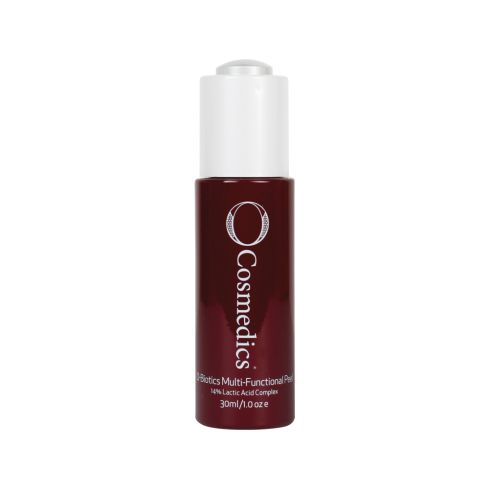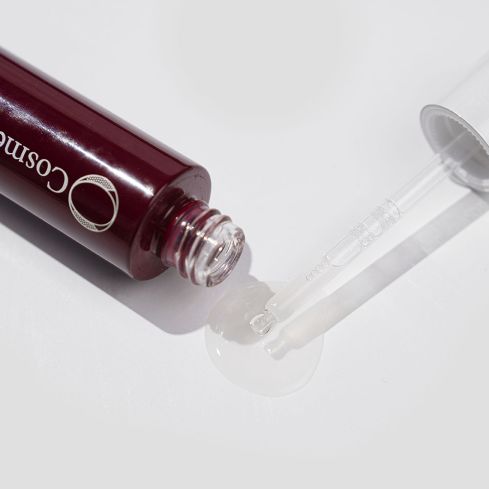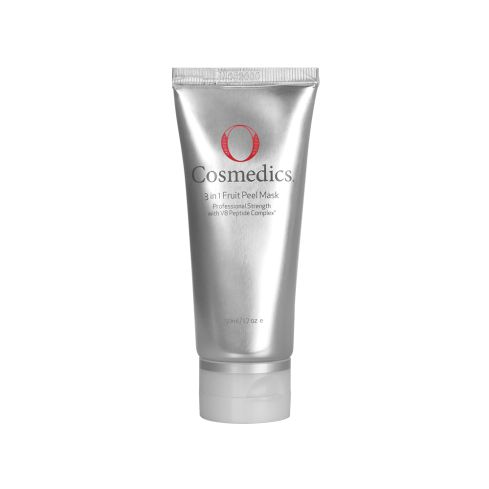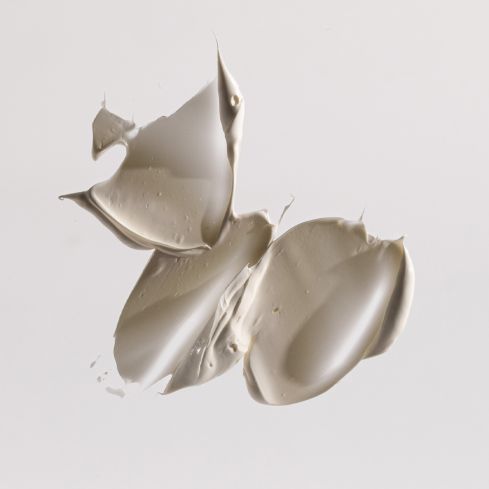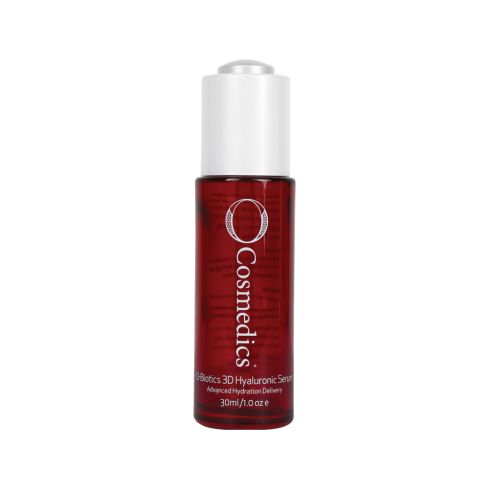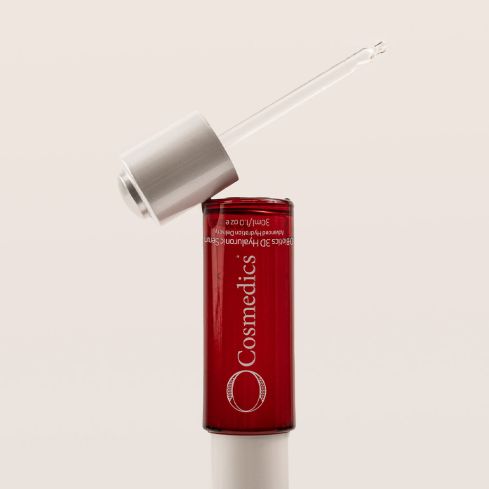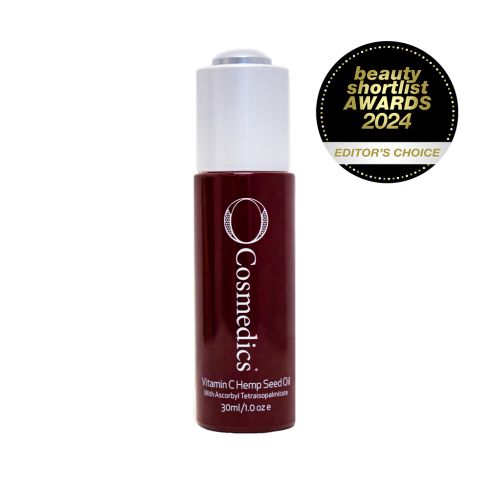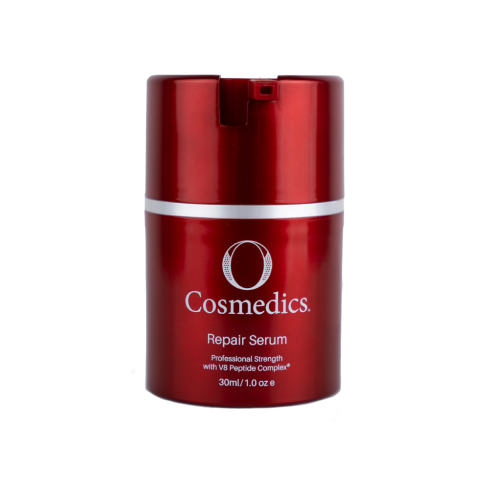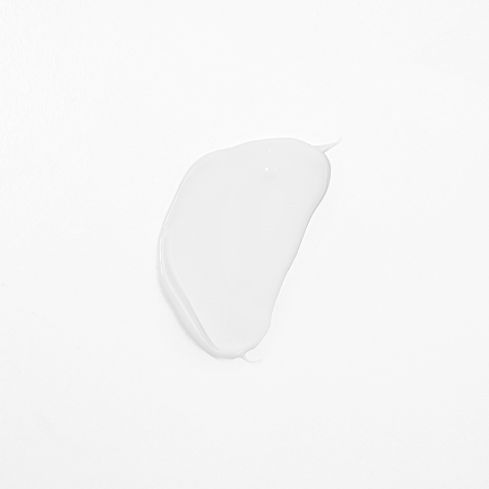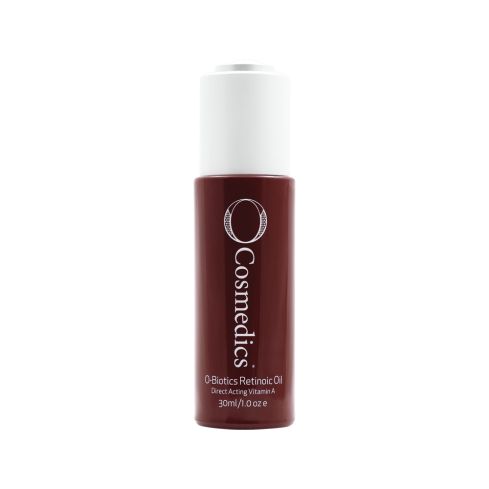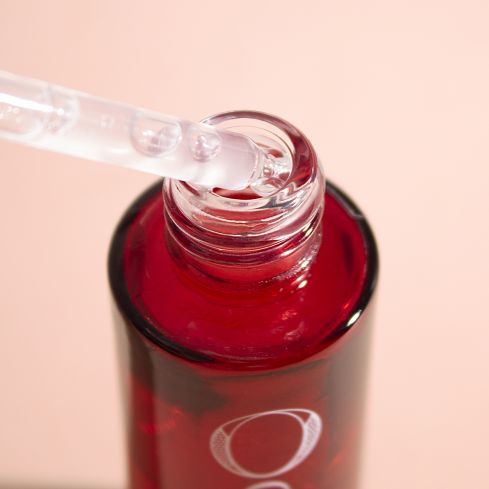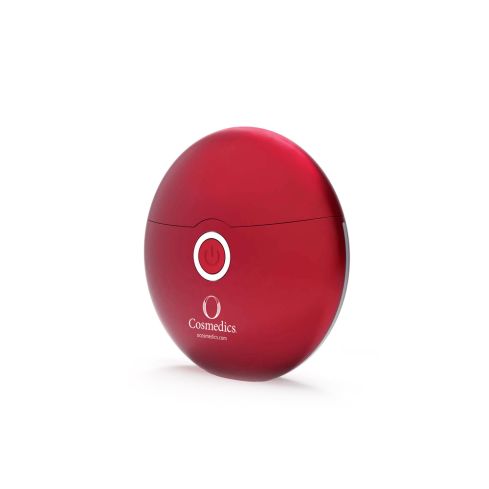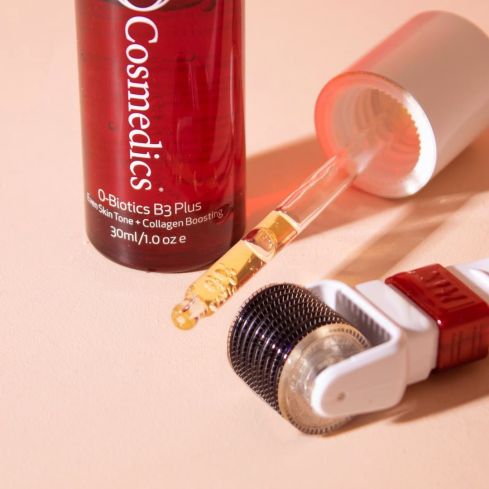
Dry
A cosmedical brand, O Cosmedics was designed to be prescribed in-clinic by professional O Skin Experts who we trust (and are highly qualified) to support and guide you on your skin health journey. We believe that in order to achieve skin health, youth, confidence and ultimate transformations you should first visit an O Skin Expert for a skin analysis, diagnosis and prescription. Aside from the wealth of knowledge and boosted results you’ll enjoy by visiting a Clinic, you’ll also guarantee the products you’re using are right for your skin, saving your money and time. We are committed to transforming skin through a multi-faceted skin treatment approach, both home care and in-clinic treatments, to get the best out of our skin. We’re yet to find a way to have a qualified O Skin Expert pop out of your screen to prescribe a tailored routine to achieve your skin goals, so until then, we recommend you Find a Clinic and an O Expert to begin!
FAQ
Knowing the difference between dry and dehydrated skin will help you find the best hydrating skin products to incorporate into your skin care routine for dry skin. Dry skin and dehydrated skin are basically opposites but, at the same time, go hand-in-hand and often display similar signs and symptoms. So, what’s the difference and how do you determine whether you need skincare for dry skin or dehydrated skin… Or both?
Here’s the difference. Dry skin is a skin type that lacks oils, and dehydration is a skin condition where there is a lack of water. Your skin type is genetic and doesn’t ever change throughout the course of your life; you’re born with either true dry, true oily or sensitive skin and all three of these skin types are susceptible to developing dehydration… Yes, even an oily skin can become dehydrated.
Oily skin types generally become dehydrated due to incorrect product usage like over-exfoliation and incorrect cleansing, ironically used in an attempt to remove the excess oil, which actually damages the skin’s barrier and therefore results in water loss or dehydration.
Let’s start by asking some questions:
• Do you have visible small pores only on your t-zone (nose/chin/between eyebrows)?
• Do you suffer with bouts of excessive dryness and flakiness that is exacerbated in the winter or in artificial environments like air conditioning all day?
• Do you have occasional areas of redness and inflammation?
• Do you feel the need to dip your face in a vat of oils and still feel as though you could go again?
• Do you often refer to your skin as sensitive because of all of this?
If you answered yes to most of these questions, there’s a chance you have a true dry skin type and you can bet your bottom dollar that your dry skin (if you’re experiencing any of the above symptoms which is essentially a dry skin type with a compromised barrier) is accompanied by dehydration as a result of this lack of oils. Thankfully products for dry skin (and a compromised barrier) also treat dehydration because they go hand-in-hand since the lack of oils contribute to the loss of water.
Dry skin lacks oil and may exhibit various signs and symptoms that distinguish it from dehydrated skin. Here are some common characteristics that may indicate that a proper skin care routine for dry skin may be beneficial:
• Visible flakes or patches of peeling skin
• Rough skin texture
• Dullness
• Redness and irritation
• Itchiness
• Tightness
Other than being your genetic skin type, dry skin can be exacerbated by a variety of factors, including environmental conditions, lifestyle choices, and underlying health issues. Cold weather, low humidity, and excessive exposure to wind or sun can strip the skin of its natural moisture, making it essential to use products for dry skin. Frequent bathing or showering with hot water and harsh soaps can also remove essential oils, highlighting the importance of a proper skin care routine for dry skin. Additionally, certain skin care products containing alcohol, fragrances, or strong chemicals can exacerbate dryness, as well as dehydration, inadequate water intake, and a poor diet lacking in essential fatty acids can further contribute to dry skin. Underlying health conditions such as eczema, psoriasis, thyroid disorders, and diabetes may also lead to chronic skin dryness. Moreover, aging naturally reduces the skin's ability to retain moisture, making a dedicated skin care for dry skin routine crucial as people get older.
Treating dry skin involves replenishing moisture levels and restoring the skin's natural barrier function by incorporating hydrating products into your skin care routine for dry skin and adjusting some skincare practices. Here are some steps you can take to effectively treat dry skin:
• Use a Hydrating Cleanser - Start with a gentle, hydrating cleanser such as Gentle Antioxidant Cleanser that won't strip your skin of its natural oils.
• Moisturise – Incorporate a rich, nourishing moisturiser morning and evening into your skin care routine for dry skin to lock in moisture and prevent water loss.
• Use a Humidifier - If you live in a dry climate or spend a lot of time in air-conditioned or heated environments, consider using a humidifier to maximise the results of your skin care routine for dry skin. This will add moisture to the air, preventing further dehydration.
• Avoid Harsh Skincare Products - Avoid using harsh skincare products that can strip the skin of its natural oils and exacerbate dryness. Opt for gentle, nourishing and hydrating skin care for dry skin.
• Exfoliate Gently - Incorporate gentle exfoliation into your skin care routine for dry skin to remove dead skin cells and improve product absorption. When choosing skin care for dry skin, choose exfoliants with mild ingredients like fruit enzymes that are in rich cream based formulations and use them no more than 1-2 times per week to avoid over-exfoliation.
• Hydrating Masks and Serums – Specifically formulated skin care for dry skin, such as hydrating masks and serums containing ingredients like hyaluronic acid and ceramides provides an extra boost of hydration and nourishment. Apply these treatments as needed, depending on the level of dryness.
• Protect Your Skin - Protect your skin from sun damage by incorporating sunscreen into your skin care for dry skin with broad-spectrum SPF 30 or higher every day, even on cloudy days. Sun exposure can further dehydrate the skin and lead to premature aging.
Consistency is key when it comes to treating dry skin, so be patient and give your skin time to replenish moisture levels and regain its natural balance. For guidance on finding the best hydrating products for dry skin, visit your nearest O Skin clinic or start a live chat on our website with an O Skin Expert.
When selecting products for dry skin, look for ingredients that provide intense hydration, restore the skin barrier, and lock in moisture. Key ingredients include:
• Hyaluronic Acid – Found commonly in products for dry skin, Hyaluronic Acid is a powerful humectant that draws moisture into the skin, keeping it plump and hydrated.
• Glycerin - Another excellent humectant present in skin care for dry skin that helps attract and retain moisture.
• Ceramides - Essential for restoring and maintaining the skin barrier, preventing moisture loss.
• Shea Butter – Many products for dry skin contains Shea Butter, a rich emollient that provides deep nourishment and helps lock in moisture.
• Squalane - A lightweight oil that mimics the skin’s natural oils, providing hydration without feeling greasy.
• Essential Fatty Acids - Found in ingredients like avocado oil and jojoba oil, Fatty Acids help strengthen the skin barrier and retain moisture.
These ingredients commonly found in skin care for dry skin work together to provide long-lasting hydration, soothe irritation, and improve the overall texture and health of dry skin.
If you have dry skin, you may not require exfoliation until the skin’s barrier and hydration levels have been restored. If you feel as though your skin would benefit from some mild exfoliation, then opt for 1-2 times per week. Here are some tips to ensure you're exfoliating safely within your skin care routine for dry skin:
- Choose Gentle Exfoliants – When choosing skin care for dry skin, opt for exfoliants with mild ingredients, such as Poly Hydroxy Acids (PHAs) found in our Multi-Functional Peel or natural fruit enzymes in rich, creamy formulations like our 3 In 1 Fruit Peel Mask. Avoid harsh physical scrubs that can irritate dry skin.
- Hydrate After Exfoliating - Follow up with a rich, hydrating moisturiser to lock in moisture and soothe the skin.
- Pay Attention to Your Skin - If you notice any irritation, redness, or increased dryness, reduce the frequency of exfoliation and adjust your skin care routine for dry skin.
- Avoid Over-Exfoliation - Over-exfoliating can damage the skin barrier and exacerbate dryness, so stick to the recommended frequency.
Exfoliating 1-2 times per week will help remove dead skin cells, allowing your products for dry skin to penetrate more effectively without causing irritation.



